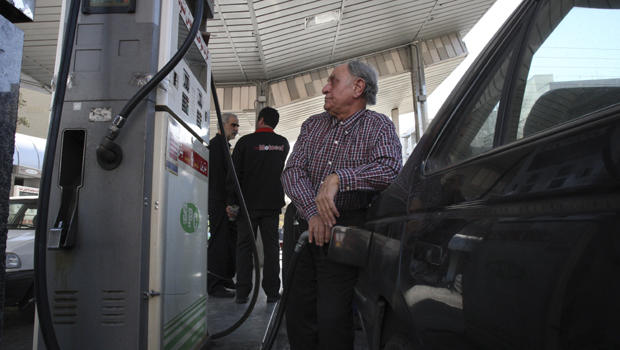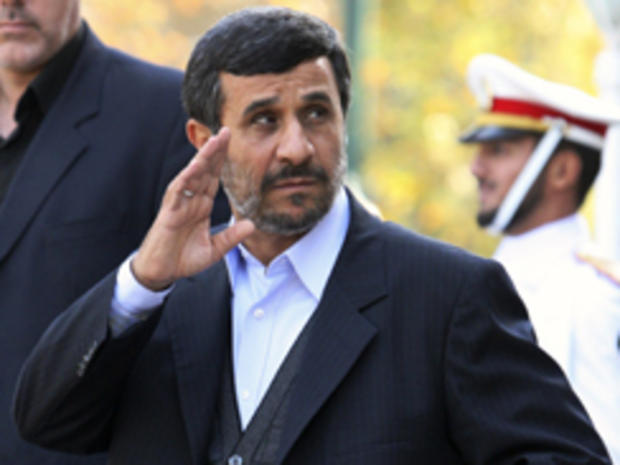Iran Braces for Backlash as Subsidies Nixed
LONDON, TEHRAN - There are extra police on the streets of Iran's capital city again, reports Seyed Bathaie, CBS News' man in Tehran.
As usual, they're there to put down any signs of unrest -- but it's not young opposition activists they're looking out for.
This time, the anger at the government cuts across all political affiliations.
On Sunday, the Iranian government eliminated or dramatically slashed the huge subsidies it has paid for years to keep fuel, energy and food prices low.
Overnight, drivers found they were being charged between four and eight times as much at the pumps for a full tank. Gas is still cheap by U.S. standards: each person is entitled to 16 gallons a month at $1.50 per gallon; anything over that goes for $2.69 per gallon.
Diesel fuel, which commercial truckers rely on, is going up even more steeply -- more than 20 times the current ultra-low price of $0.06 -- to $1.32 per gallon.
On Tuesday, a state news agency announced that bread prices were going to rise, too, from 10 to 30 cents for a loaf.
Obviously, these prices rises will affect everyone and everything in the Islamic Republic, and will send the rate of inflation -- officially around 12 percent but thought to be much higher -- skyrocketing.
To ease the pain, President Mahmoud Ahmadinejad has announced a program of direct cash payments of $40 every month to all families. This may be enough for the poorest families to offset the extra money they'll have to shell out for fuel and basic foods. But for most people, it will not.
Iranians will be left even worse off.
There are already reports that the subsidy is being used for political control. Anyone out of favor with the government may find his or her documents "out of order" when they go to register for the cash handout.
Economists say Iran's government hopes to save 100 billion dollars a year by eliminating the subsidies. Apparently Iran, in spite of being the world's fourth largest oil producer, is feeling the pressure of U.S.-led economic sanctions.
Just how much Iran is hurting may become clearer when the country meets for a second round of diplomatic talks with the United States and six other world powers early in the New Year.
This story was filed by CBS News correspondent Elizabeth Palmer in London.

